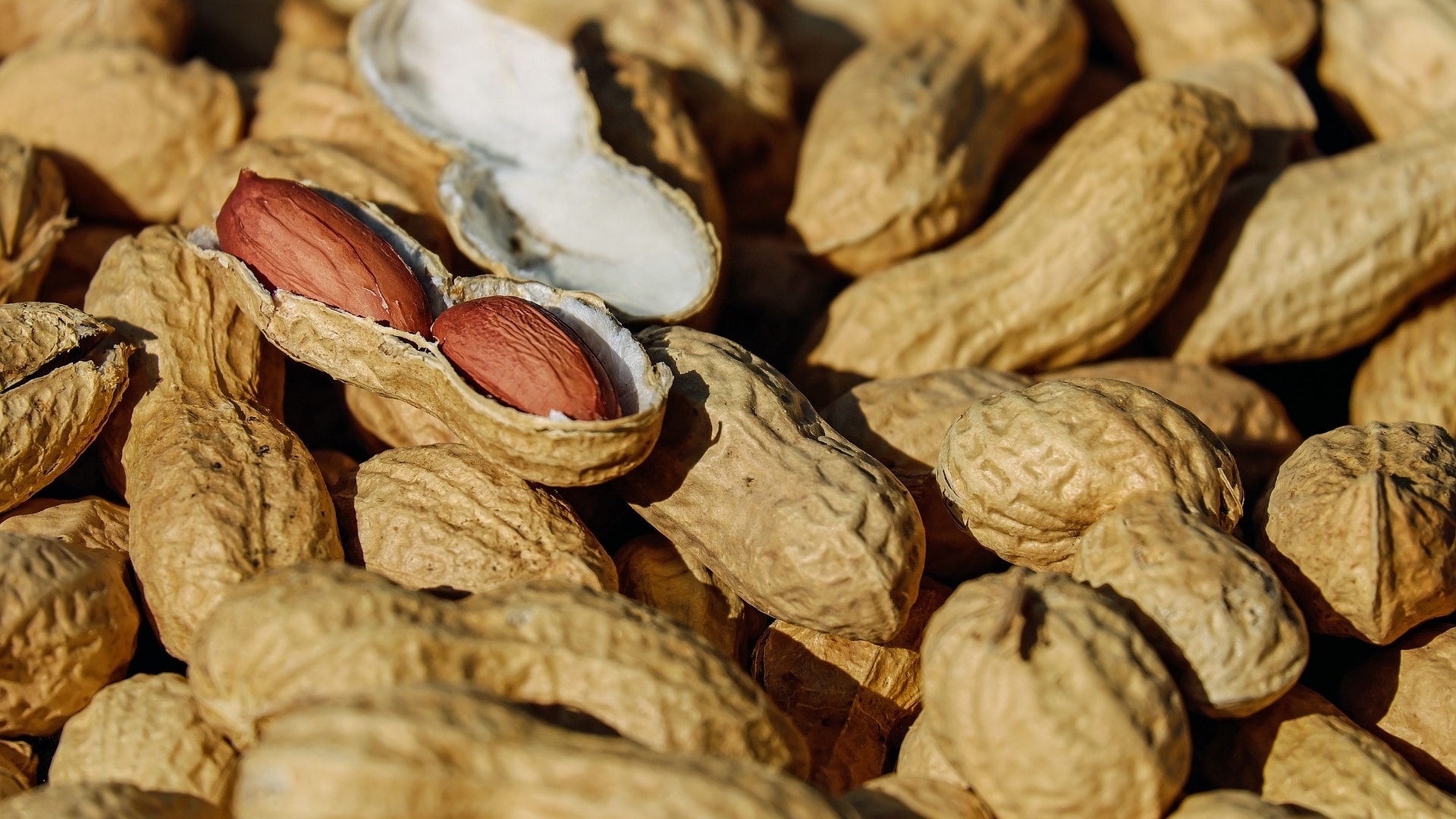Antioxidants are compounds that protect the body by neutralizing harmful molecules called free radicals. Free radicals can lead to chronic diseases and contribute to aging. Therefore, consuming foods rich in antioxidants can support overall health. Below, we delve into a range of antioxidant-rich foods, exploring their benefits and the science behind them.
Antioxidant-Rich Fruits
Fruits are excellent sources of antioxidants, with several studies highlighting their protective effects against chronic diseases. Notable fruits include:
Berries: Blueberries, strawberries, raspberries, and blackberries are renowned for their high antioxidant capacity. Blueberries, in particular, contain anthocyanins that have been linked to improved brain function and reduced heart disease risk. A study published in the *Journal of Agricultural and Food Chemistry* reported that blueberries have the highest antioxidant capacity among commonly consumed fruits and vegetables.
Citrus Fruits: Oranges, lemons, limes, and grapefruit are packed with vitamin C, a potent antioxidant that boosts immune system performance and promotes healthy skin. Studies show that vitamin C may aid in decreasing inflammation and strengthening the body’s protection against oxidative damage.
Grapes: Particularly the red and black types, grapes are packed with resveratrol, a compound demonstrated to decrease blood pressure and mitigate the likelihood of cardiac ailments. The resveratrol found in grapes is linked to cardiovascular advantages, primarily owing to its antioxidant characteristics.
Antioxidant-Abundant Produce
Vegetables are another essential component of an antioxidant-rich diet. Key vegetables include:
Leafy Greens: Kale, spinach, and Swiss chard are packed with vitamins A, C, and K and boast a variety of antioxidants, including beta-carotene and flavonoids. Consuming a diet abundant in these greens has been linked to a reduced likelihood of developing chronic illnesses, such as heart disease and cancer.
Broccoli: This green vegetable, a member of the cruciferous family, contains a significant amount of sulforaphane, a substance thought to possess anti-cancer effects. Studies suggest that sulforaphane may enhance the activity of detoxification enzymes, which could contribute to a lower likelihood of developing cancer.
Sweet Potatoes: Containing beta-carotene, which the body converts into vitamin A, sweet potatoes help maintain eye health and support the immune system. They are also an excellent source of dietary fiber.
Nuts and Seeds with Antioxidant Benefits
Nuts and seeds are not only versatile snacks but also packed with beneficial antioxidants.
Walnuts: Rich in polyphenols, walnuts have been studied for their potential to reduce oxidative stress and inflammation. Consuming walnuts regularly may improve cardiovascular health, as indicated by various studies.
Almonds: Rich in vitamin E, a crucial antioxidant that shields cells from oxidative harm, almonds also contribute to healthy skin. Research indicates their ability to decrease LDL cholesterol, thereby diminishing the likelihood of heart disease.
Chia Seeds: Renowned for their omega-3 fatty acid content, chia seeds additionally provide antioxidants that support cardiovascular wellness and help regulate glucose levels in the bloodstream.
Antioxidant-Rich Beverages
Some beverages are noted for their antioxidant content, making them healthy choices for daily consumption.
Green Tea: Rich in catechins, particularly epigallocatechin gallate (EGCG), green tea is associated with a multitude of health advantages, such as aiding in weight control and lowering the likelihood of cancer. Research indicates that consistent intake may enhance cardiovascular well-being.
Red Wine: With its resveratrol content, red wine, when consumed in moderation, could support cardiovascular well-being. It is crucial to bear in mind the importance of temperance, given the detrimental impacts of overindulgence in alcohol.
Coffee: Remarkably rich in antioxidants, coffee includes chlorogenic acid, a compound that could aid in diminishing inflammation and enhancing cholesterol profiles.
These foods reveals a diverse array of options available for integrating antioxidants into one’s diet. A well-rounded approach emphasizes incorporating a variety of these foods regularly, fostering a foundation for lifelong health and vitality. By understanding and choosing antioxidant-rich foods, we can make steps toward enhanced wellness and disease prevention.





